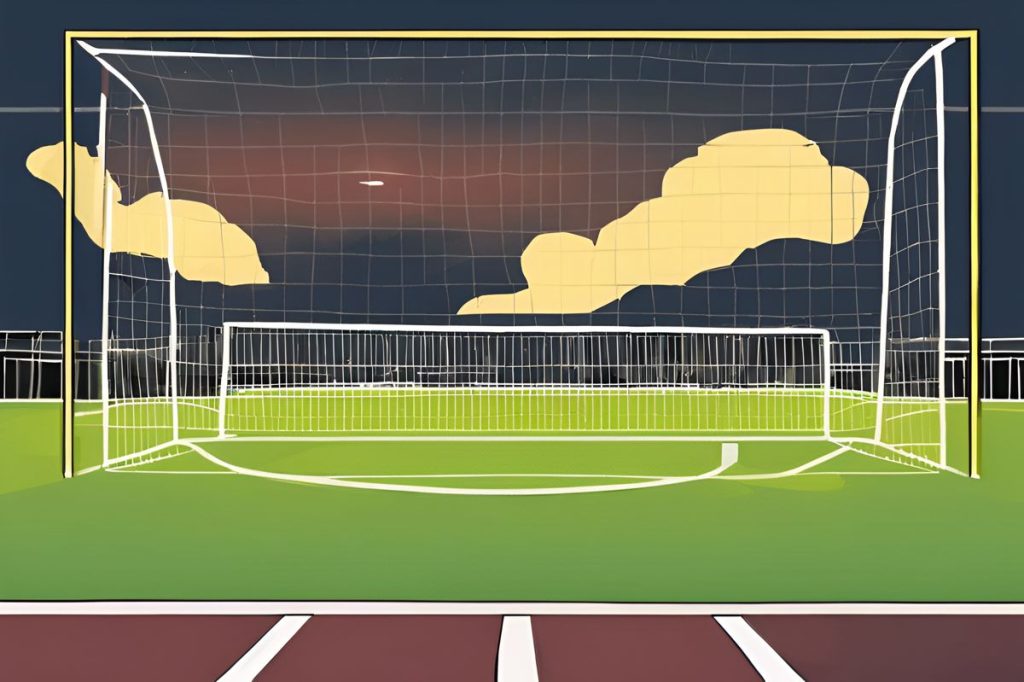The Cyprus national football team had to swiftly change their venue for the Nations League match against Lithuania due to poor pitch conditions at the Darius and Girenas Stadium in Kaunas. They will now compete at a modern stadium in Marijampole, just 55 kilometers away, ensuring their match can go ahead with the support of the Cyprus Football Association and UEFA.
Why did the Cyprus national football team have to change venues for their Nations League match?
The Cyprus national football team’s venue shift for their Nations League match against Lithuania was due to unsuitable pitch conditions at the Darius and Girenas Stadium in Kaunas. They relocated to a modern facility in Marijampole, 55 kilometres away, which was endorsed by the Cyprus Football Association and Uefa.
Abrupt Change Ahead of Nations League Match
The Cyprus national football team was set to clash with Lithuania in a significant Nations League match. Yet, preparations hit an unexpected snag. Days before the game, officials realized that the Darius and Girenas Stadium in Kaunas had a pitch far from suitable for an international encounter. Concerns over the poor condition of the playing surface prompted an urgent hunt for an alternative venue.
Fortunately, the search for a new location wasn’t in vain. The town of Marijampole, a mere 55 kilometres from Kaunas, offered a gleam of hope. Their stadium, a modern facility that opened back in 2008, became the new stage for the awaited fixture. It was a choice that both the Cyprus Football Association and Uefa endorsed after thorough scrutiny to confirm its readiness for the match.
Cyprus Team’s Journey in the Nations League
The Cyprus squad now had to adjust to this last-minute alteration and focus on the challenge ahead. It was their first match of the season in the Uefa Nations League, and stakes were high. Placed in Group 3 of the league’s third division, the team faced adversaries like Lithuania, Kosovo, and Romania. The upcoming games were more than just a competition; they were a chance to avoid the dreaded relegation.
After their initial engagement with Lithuania, Cyprus would return to their home turf to compete against Kosovo at the Aek Arena in Larnaca. The sequence of matches planned for the October international break and the concluding group games in November held great significance. The updated league format meant the Cyprus team had to steer clear of the bottom of their group to prevent dropping to the lower tier or facing a relegation playoff.
Despite the pressure, the team had a history of resilience, having secured an unlikely victory over Greece in the previous Nations League iteration. That triumph, coupled with two draws against Northern Ireland, showcased the Cypriot team’s potential to defy expectations and deliver surprising outcomes.
The Road Ahead for Cyprus
Looking beyond the immediate challenge, the Cyprus national team’s path was laden with critical fixtures. Securing top positions in the group could lead to promotion, while a second-place finish would still see them in a playoff situation, competing for elevation to the second tier. It’s a delicate balance between victory and relegation, where every match could significantly tilt the scales of fate for the Cyprus team.
The team, fans, and officials alike awaited Friday’s fixture with bated breath. Kicking off at 7pm Cyprus time, the match promised to be a spectacle broadcasted live, uniting supporters in anticipation. The change of venue may have been a curveball, but it certainly added to the narrative of a team ready to adapt and conquer the odds laid before them.
Preparations Amidst Venue Changes
The Cyprus Football Association wasted no time in assessing the alternative stadium in Marijampole. They sent a delegation posthaste, ensuring the pitch and facilities met the stringent standards required for an international event. With Uefa’s subsequent approval, all was set for the relocated match to proceed.
This unexpected shift highlighted the flexibility and readiness of football organizations to adapt to unforeseen situations, ensuring the game goes on. Fans and players alike turned their attention to Marijampole, embracing the new battleground where Cyprus would continue its spirited campaign in the Nations League.
FAQ
Why did the Cyprus national football team have to change venues for their Nations League match?
The Cyprus national football team had to change venues for their Nations League match against Lithuania due to poor pitch conditions at the Darius and Girenas Stadium in Kaunas. To ensure the match could proceed, they relocated to a modern stadium in Marijampole, which is only 55 kilometers away. This shift was supported by the Cyprus Football Association and UEFA.
Where is the new venue located, and what are its features?
The new venue is located in Marijampole, a town 55 kilometers from Kaunas. The stadium is a modern facility that opened in 2008. It was assessed and approved by both the Cyprus Football Association and UEFA to ensure it meets the necessary standards for hosting an international match.
What is at stake for the Cyprus national football team in this Nations League?
The Cyprus national football team is facing high stakes in this season’s UEFA Nations League. They are competing in Group 3 of the league’s third division, with opponents including Lithuania, Kosovo, and Romania. The team needs to avoid finishing at the bottom of their group to prevent relegation to a lower tier or facing a relegation playoff. A successful performance could also lead to promotion or playoff opportunities.
When will the match against Lithuania take place, and how can fans watch it?
The match against Lithuania is scheduled to kick off at 7 PM Cyprus time. Fans can look forward to watching the game live, as it presents a significant opportunity for the Cyprus national team to showcase their resilience and skill in the face of challenges. The change of venue, although abrupt, adds an exciting twist to the match narrative and the team’s journey in the Nations League.

